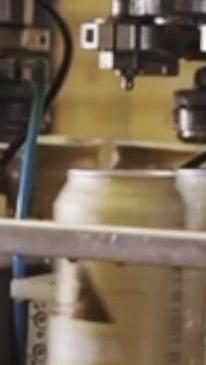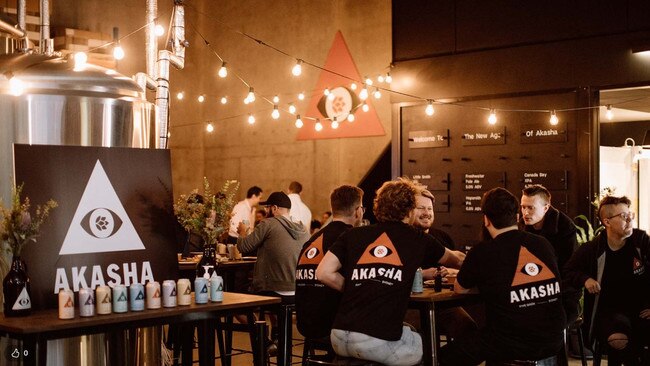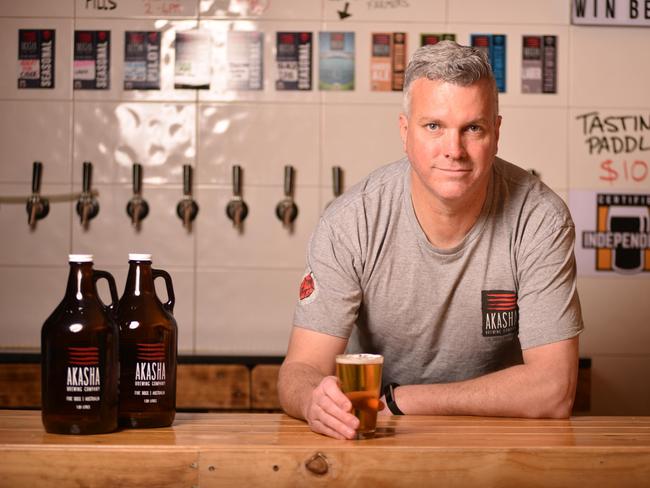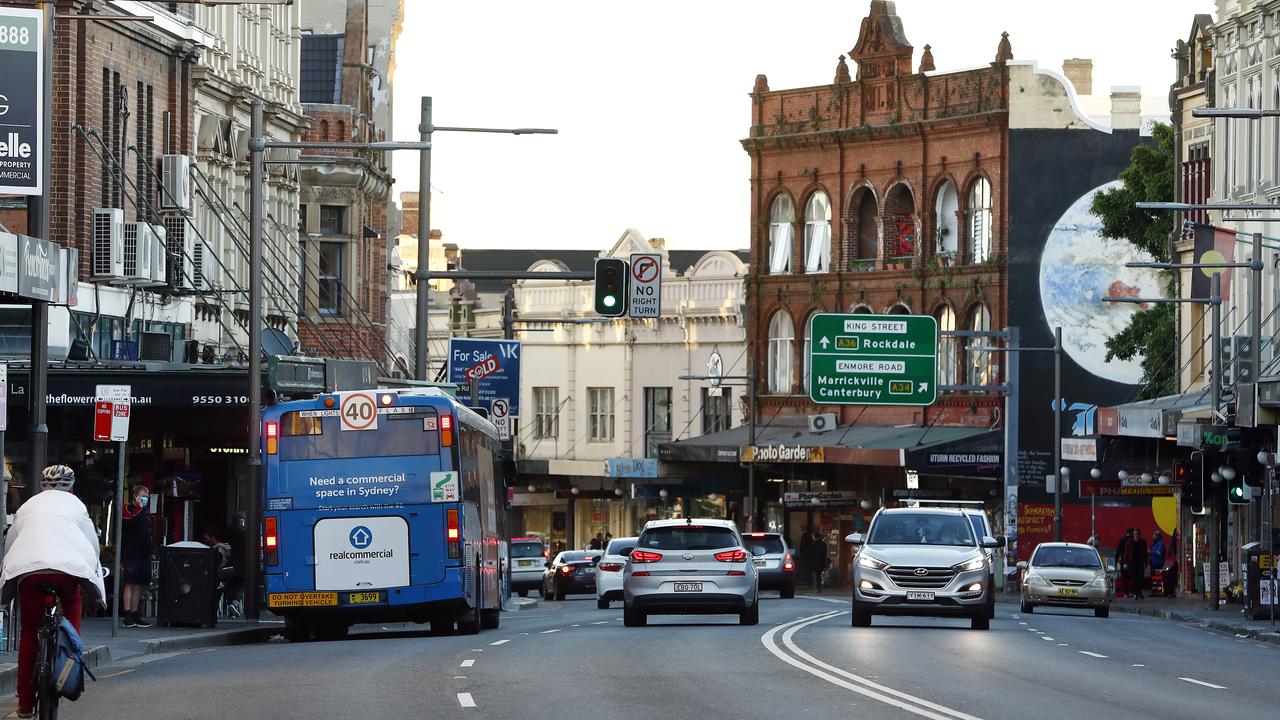Akasha Brewing Company enters voluntary administration after owing trade suppliers, landlords and equipment managers
An award-winning Sydney brewery could be on the verge of financial ruin after entering voluntary administration as they fight to claw back debt. See how it will affect beer-lovers.

Inner West
Don't miss out on the headlines from Inner West. Followed categories will be added to My News.
A popular brewing company which developed a “cult following” in Sydney is now fighting for its financial life after entering voluntary administration.
Akasha Brewing, an award-winning beer company, will sit down with a host of creditors on April 2 to discuss the company's financial viability, in an attempt to restructure debt.
The company which is based out of Five Dock, owes trade suppliers, landlords and equipment managers an unknown amount, which led the business to enter voluntary administration on March 20.

According to administrator Henry McKenna, Director of Restructuring & Recovery at Vincents, the voluntary administration process was still in its early stages and the future of the company remains “uncertain”, but it will continue to trade and employee all staff moving forward.

An Akasha Brewing Company representative said declining consumer demand across the craft beer market, combined with significant increases in production costs and excise tax, was to blame for the financial hardship.
“Employees, suppliers and customers should consider it business as usual,” the representative said.

“There will be no impact to ongoing production, distribution and taproom operations as a result of this appointment.”
Akasha Brewing Co chief executive Dave Padden said the company has worked hard to develop a strong reputation in the community, but entering administration was necessary to stay afloat.
“Our entire team have worked hard building a highly successful and respected brewery over the last 9 years,” he said.
“However, the past 12 months has been extremely challenging for our industry and the wider economy.”
“While we felt this step was necessary to ensure the future success of the brewery, it was a very difficult decision to make.”


